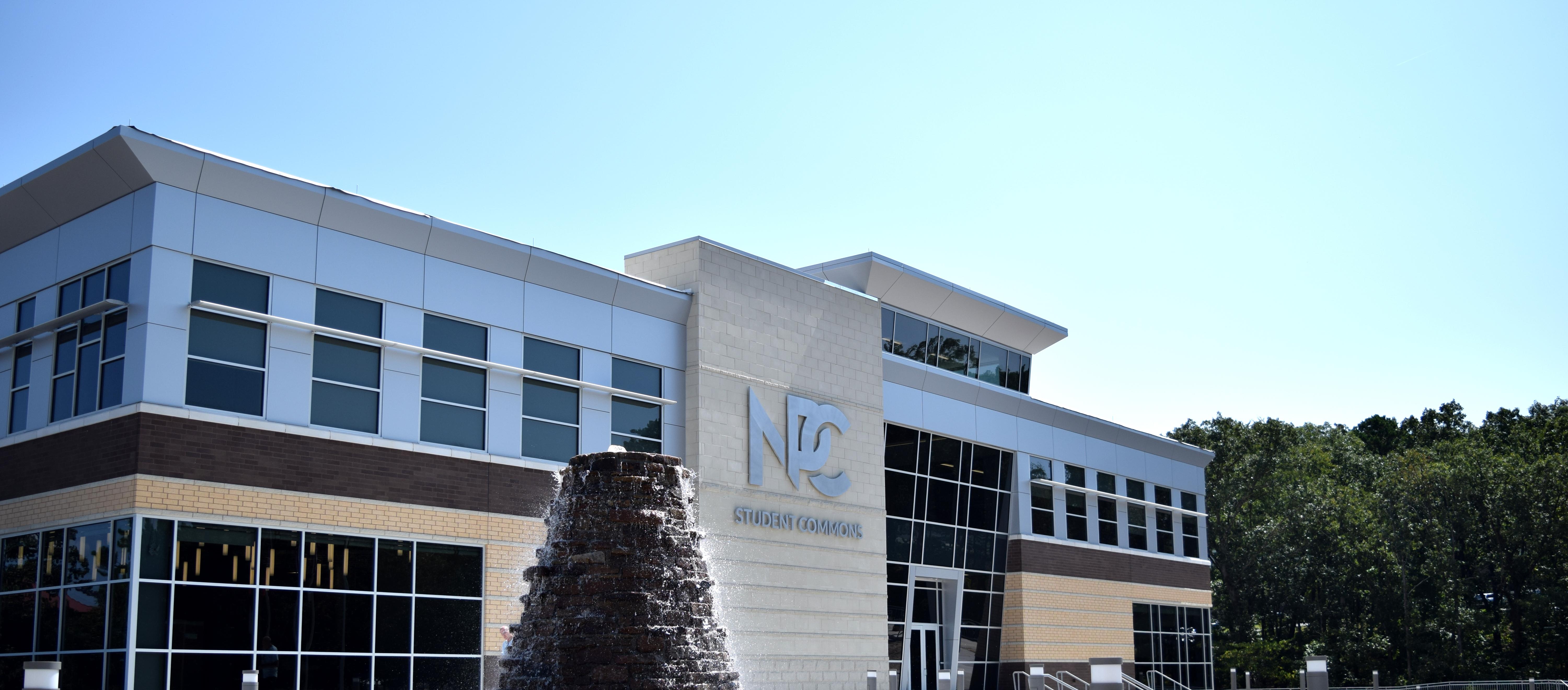| |
Jan 16, 2026
|
|
|
|
|
2022-2023 Student Handbook [Consult with Your Academic Advisor for Your Catalog Year]
Understanding Degree Options
|
|
|
NPC is fully accredited by The Higher Learning Commission and degree options available include: Associate of Arts (AA), Associate of Science (AS) degrees in various specializations, Associate of Science in Liberal Arts and Sciences (ASLAS) in various specializations, Associate of Applied Science (AAS) in various specializations, Associate of Liberal Studies (ALS), Certificate of General Studies (CGS), Technical Certificates (TC), and Certifications of Proficiency (CP).
The AA, AS, and ASLAS degrees are designed to transfer to four-year colleges and universities and opportunities include 2+2 degrees and Associate of Applied Science to Bachelor of Applied Science degrees. For information on transfer degree programs and degree plans, visit Transfer Opportunities. The requirements for attaining the ALS degree are more flexible than requirements for the AA, AS, and ASLAS degrees. Although many courses leading to the Associate of Liberal Studies degree may be transferable on an individual basis, the combined courses do not always fulfill all requirements suitable to transfer in specific majors. The Associate of Applied Science (AAS) degree is designed primarily for students who seek occupation, technical and vocational skills for employment advancement, however NPC has forged agreements with several universities allowing NPC students to transfer into Bachelor programs. Consult your Dean or the Transfer Center Coordinator for more information.
The Technical Certificate is a planned program of classroom and laboratory/shop work at the collegiate level. It recognizes the completion of a specified level of competency in an occupational field. The program of study may be part of an Associate level curriculum or a stand-alone program. The Certificate of Proficiency is awarded to students who have demonstrated the attainment of basic skills in one of several areas, and may be part of a Technical Certificate or Associate level degree program.
Updated 7/18/2017
|
|
|

